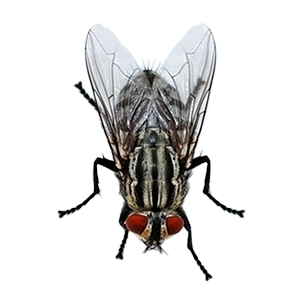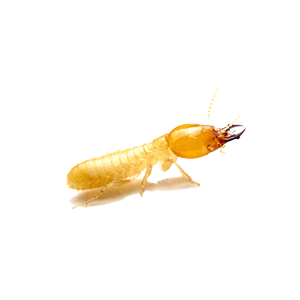Say Good Riddance to Pesky Rodents This Fall

You walk into your bedroom to get ready for bed. Through your sleepy eyes, you think you see something run across the room. You stare at the spot for a while, but with no further activity, you decide that it was just your exhaustion playing a trick on you.
While standing in front of your dresser picking out pajamas, you feel something run across your feet. Quickly looking down, you catch your sights on a tiny, brown mouse! Right away, you jump on your bed, pull out your phone, and look up pest control companies in Indianapolis, Indiana. After some research, you decide that AAA Exterminating has promising reviews and competitive pricing and give them a call.

How Did the Mouse Get in My House?
That’s a good question!
Mice will enter residences at any time of year, but it’s more common during the fall and winter when it’s cold outside and they’re seeking warmth. There are a number of ways they can gain access to your comfortable home. They enter your house through holes, gaps or cracks in walls, floors, windows or the foundation. They will even come in through sewer pipes and drain pipes that are not properly sealed.
While a space may appear to be too small for a mouse to enter through, it’s not entirely impossible. Mice can enter through the smallest of spaces, which makes it important to be sure that everything is well sealed and closed in order to prevent having an unexpected roommate move in.

What Do They Eat?
Anything and everything! While mice do tend to eat things such as seeds, nuts, and leaves, they are technically omnivores. Due to their scavengerous behavior, they will eat anything that they can find. For this reason, it’s very important to make sure that your food is stored in closed containers. Apart from food, mice can even chew items such as electrical wires, furniture and clothing.

Where Do They Hide?
Everywhere! If a mouse can fit into a space and burrow, it will do exactly that. Mice prefer to be in dark places and away from human contact. This means spaces like behind appliances, beneath cabinets, and cluttered spaces are their favorites places to be. They will also nest in these areas. They will chew through fabric and paper to make scraps that they can build their nests in. Mice have frequent, large litters, which means it’s important to take care of a mouse issue as soon as you can.
A Mouse Can Spread What?
Disease. Nasty, right? Most people tie mice back to the bubonic plague, but they carry a lot more than just the black death. They can directly transmit some potentially life-threatening diseases. If you have mice contaminating your living space and food, you can potentially develop:
- Hantavirus Pulmonary Syndrome
- Leptospirosis
- Lymphocytic Chorio-meningitis (LCM)
- Bubonic Plague
- Rat-Bite Fever
- Salmonellosis
- Tularemia
How Can I Tell If I Have Mice? What’s My Next Step?
Besides seeing the mouse itself, there are plenty of other ways to tell if you have a mouse or multiple mice living with you. If you see small tracks in a dusty area or start to notice gnawing marks, there is a good chance that you have a visitor. Mice also tend to have a musky odor.
Are you noticing any of these events happening in your home? We can help! As a pest control company with 67 years of experience, no problem is too large. AAA Exterminating provides great service with extraordinary customer service. Contact us if you think you might have mice—and especially if you KNOW you do! We will help safely remove these unwanted guests.








